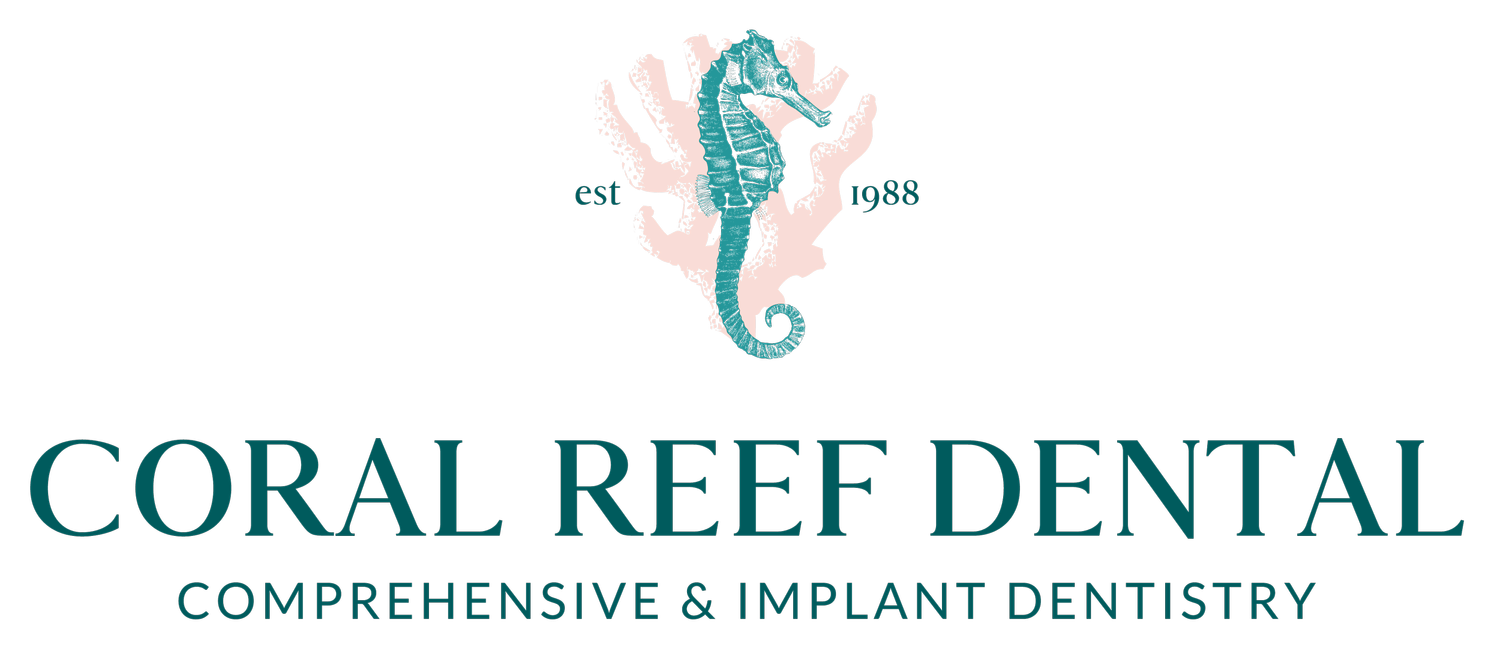How To Know If You Need an Emergency Tooth Extraction
If you experience severe trauma, extreme pain, or a sudden infection in your mouth or jaw, urgent dental care can come to the rescue. Emergency extractions differ from planned extractions, such as wisdom teeth removal, in a number of ways. Join us for a guide to emergency tooth extraction!
What is an emergency tooth extraction?
An emergency tooth extraction may require a visit to your dentist in the middle of the night, on weekends, or during hours the clinic is normally closed. Here’s what you need to know:
What’s considered an emergency extraction?
Unlike routine tooth removal, emergency extractions require immediate attention to relieve symptoms and avoid dangerous complications. In other words, these events usually only happen when something has gone very wrong.
Related reading: How Much Does a Tooth Extraction Cost?
What are the signs you need an emergency extraction?
Symptoms that may justify an emergency tooth extraction include:
Severe, persistent pain or a toothache
Swelling of the gums, jaw, or face
Pus or signs of an abscess, such as a bad taste or foul odor in the mouth
Loose teeth following an accident or infection
Persistent bleeding
Visible signs of decay or infection
Tooth fracture below the gum line
Fever and chills that suggest an infection is spreading
Common causes that require an emergency tooth extraction
The symptoms above may indicate a number of urgent oral health concerns requiring immediate attention, such as:
Advanced infection or abscess
Impacted wisdom teeth
Cracked or broken tooth
Severe gum disease
Tooth trauma
Extreme tooth decay
Related: Loose Tooth Causes, Treatment and Prevention
What to expect during an emergency tooth extraction
An emergency tooth extraction can be a scary experience, but the knowledgeable, compassionate team at Coral Reef Dental is here to ensure a safe, comfortable, and effective treatment. Here’s what you can expect during an urgent removal:
Evaluation and diagnosis
Before removing the tooth in question, your dental team will examine your mouth, ask about your symptoms, and take X-rays to determine the best solution. In some cases, pressing concerns may be resolved with a root canal instead of an extraction.
During an emergency extraction
If your dentist decides an emergency tooth extraction is necessary for your overall health and well-being, they will begin by applying a local anesthetic to numb the area. A simple extraction will remove a visible tooth with enough surface area to grasp. The tooth is loosened using a tool called an elevator, then pulled out using forceps.
A broken or impacted tooth may require surgical extraction, during which an incision is made in the gums and the remaining tooth is removed. In either case, your team will ensure the area is free of infection before placing gauze over the extraction site. Most extractions take around 20 to 40 minutes to complete.
After an emergency tooth extraction
After your emergency tooth extraction, your dentist may write a prescription for antibiotics, pain relievers, or other medicine to take as the area heals. Take it easy in the first few days and try not to spit, smoke, or drink through a straw. Eat soft foods like yogurt and warm soup, avoiding hot or crunchy foods.
A cool compress or ice pack can alleviate swelling. Starting the day after the procedure, gently rinse your mouth with warm salt water, but it may take several months for your jawbone and gums to heal completely. See your dentist for a follow-up appointment to discuss replacing the tooth with an implant or dentures, or even another prosthetic option.
How can an emergency tooth extraction be prevented?
Many people have anxiety about routine dental care, so the thought of an emergency tooth extraction can be pretty nerve-wracking. Here are a few ways you can avoid this situation:
Practice good oral hygiene
Good oral hygiene is the first line of defense against emergency extractions. Brush and floss your teeth twice a day, and use a fluoride or antiseptic mouthwash to eliminate harmful bacteria.
Schedule regular dental checkups
Along with great daily care for your teeth, regular checkups provide a holistic approach to dental care. Schedule cleanings and exams every six months to eliminate tartar and catch issues before they become major problems. These are generally covered by standard dental insurance plans.
Take measures to protect your teeth
You can’t always prevent accidents and collisions that endanger your teeth. But wearing a mouthguard during sporting events, not grinding your teeth, and avoiding chewing on hard objects can help you protect your teeth from damage.
Read more: Preventive Dental Care: What It Is and Why You Need It
Prevent oral health concerns before they happen at Coral Reef Dental!
When disaster strikes, it’s good to know you have a trusted team of professionals to help you through. At Coral Reef Dental, we specialize in emergency dentistry. Contact us today for urgent dental care when you need it most!


